
Sign up today and you will receive a free copy of our Future Focus 2025 report - the leading guidance on AI, cybersecurity and other IT challenges as per 700+ senior executives
You are now subscribed
Your newsletter sign-up was successful
Cloud search firm Simplexo has raised concerns over who owns the copyright of documents stored in Google Drive and Amazon Web Services' (AWS) online storage offerings.
The firm's chief technology officer, Simon Bain, said the terms and conditions of services provided by Google and Amazon are a legal minefield.
Bain picked on the part of Google Drive's terms and conditions that states: "When you upload or submit content to our services, you give Google a worldwide license to use, host, store, reproduce, modify, create derivative workscommunicate, publish, publicly perform, publicly display and distribute such content."
He then went on to express his displeasure at Amazon's user agreement.
Bain gave an example in AWS' terms and conditions, which states: "You consent to our use of your content to provide the service offerings to you and any end users.
"We may disclose your content to provide the service offerings or to comply with any request of a governmental or regulatory body."
In light of this, Bain said business uses should take a close look at the terms and conditions before signing up.
Sign up today and you will receive a free copy of our Future Focus 2025 report - the leading guidance on AI, cybersecurity and other IT challenges as per 700+ senior executives
"If you value your creative work, then take a close look and ask yourself this question: are they fit for purpose in the corporate world? The answer has to be no."
Simplexo's decision to voice its copyright concerns comes follows on from its earlier attack on Google, where it claimed Drive users would be forfeiting their privacy rights an allegation the search giant swiftly denied.
IT Pro was awaiting a response from Amazon about Simplexo's claims as this story went to press.
However, a Google spokesperson said the firm's user agreement makes it very clear that Drive account holders retain the copyright on any documents they upload.
"You retain ownership of any intellectual property rights that you hold in that content. In short, what belongs to you stays yours," the spokesperson told IT Pro.
"Your fantasy football spreadsheets are not going to end up shared with the world unless you want them to," the spokesperson added.
-
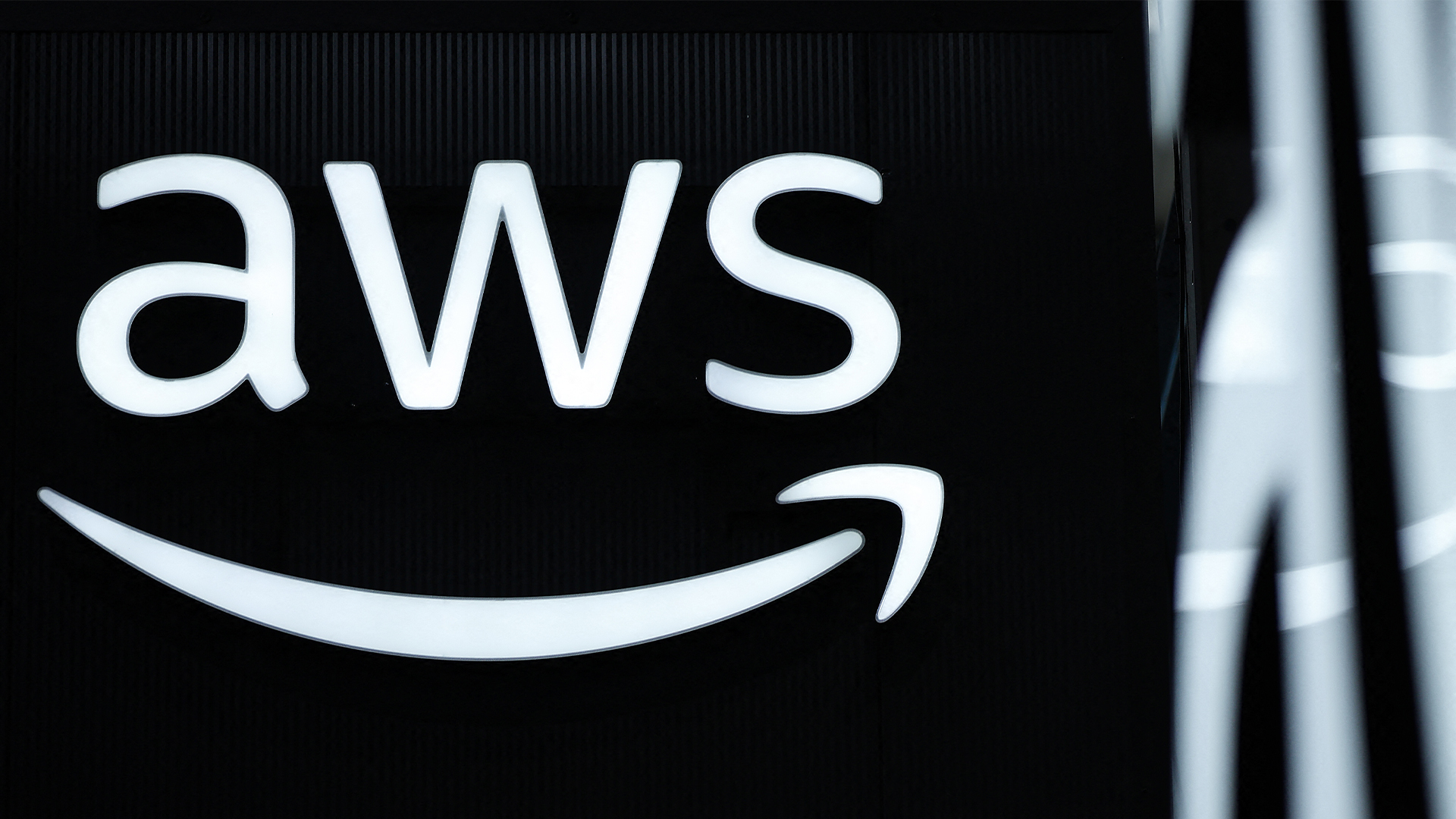 Is AWS' cloud dominance waning? New stats show the hyperscaler's IaaS market share is decreasing while Microsoft and Google record gains
Is AWS' cloud dominance waning? New stats show the hyperscaler's IaaS market share is decreasing while Microsoft and Google record gainsNews AWS maintained its lead in the IaaS market last year, but its share decreased while Microsoft and Google recorded gains.
-
 ‘Misses the mark’: Microsoft, AWS hit out at CMA cloud competition report
‘Misses the mark’: Microsoft, AWS hit out at CMA cloud competition reportNews The CMA claims Microsoft and AWS are harming competition – the duo strongly disagree
-
 US companies dominate the European cloud market – regional players are left fighting for scraps
US companies dominate the European cloud market – regional players are left fighting for scrapsNews Synergy data shows EU providers hold just 15% of the market despite rise in AI and drive for cloud sovereignty
-
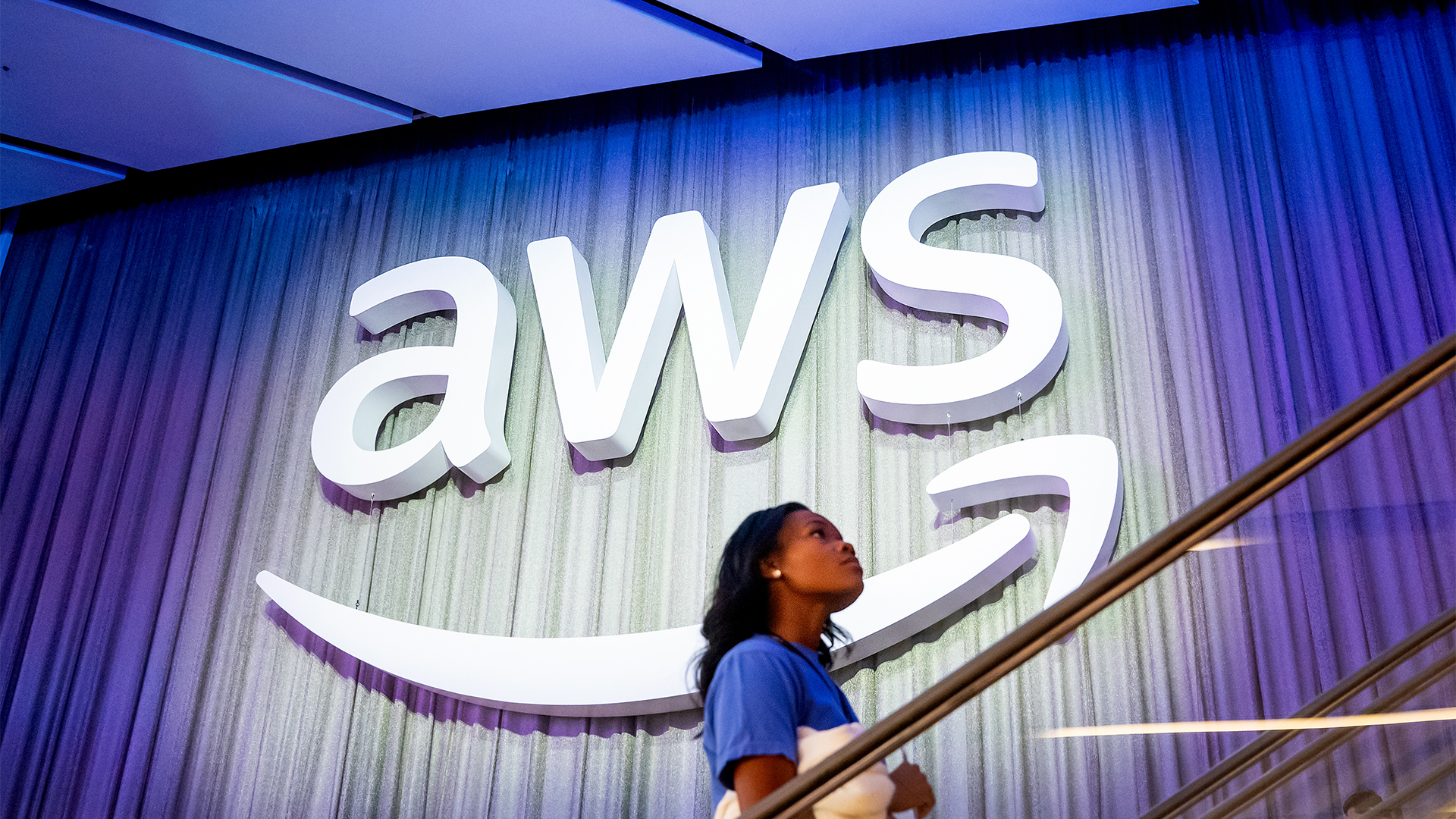 Three of the biggest announcements from AWS Summit New York
Three of the biggest announcements from AWS Summit New YorkNews AWS may be known as a cloud services provider, but its pivot to AI services has taken the limelight
-
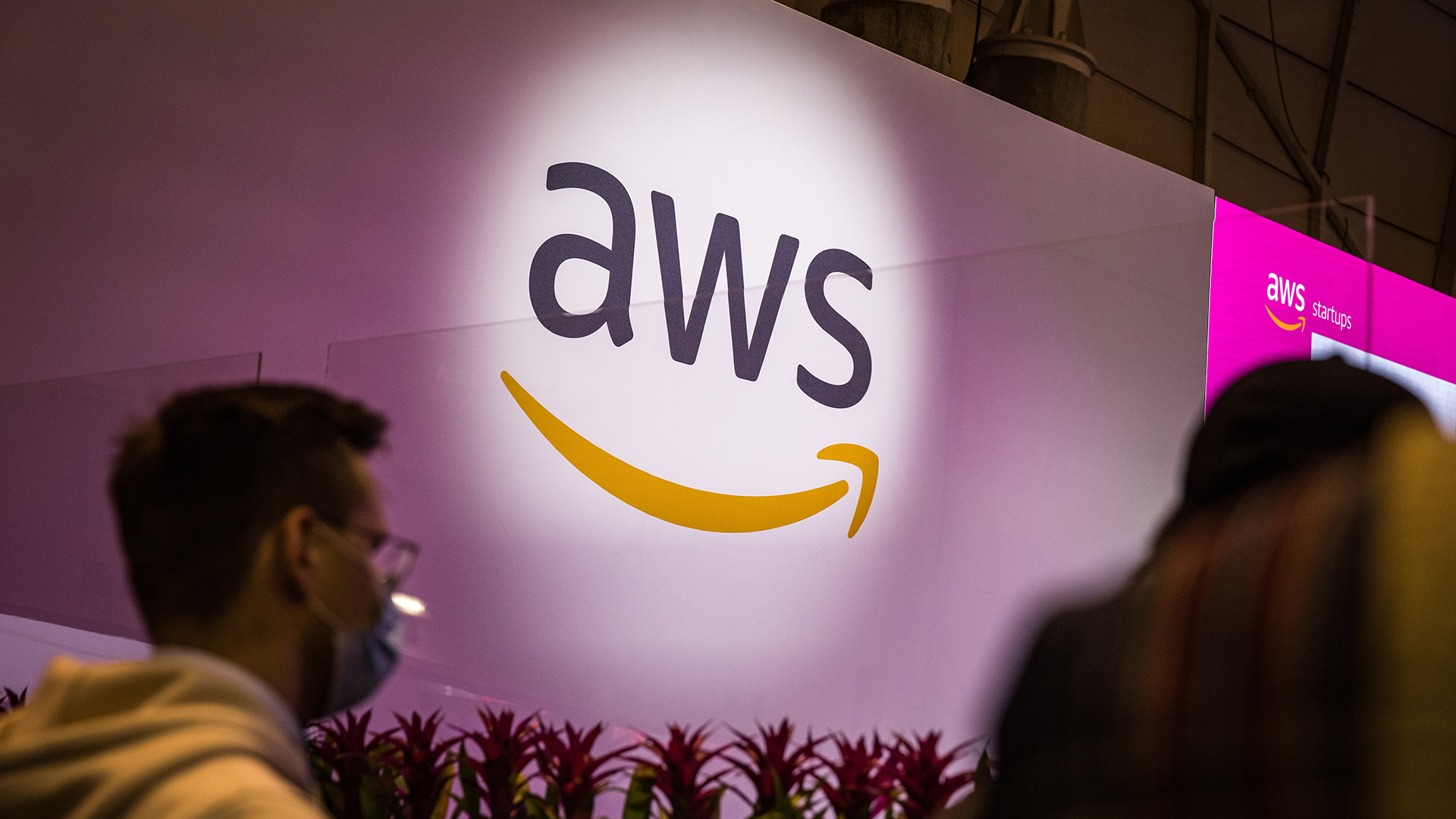 AWS opens physical sites for fast data uploads – but it could cost you up to $500 an hour
AWS opens physical sites for fast data uploads – but it could cost you up to $500 an hourNews Amazon Web Service (AWS) has launched a new Data Transfer Terminal service to allow customers to upload data to the cloud from a physical site.
-
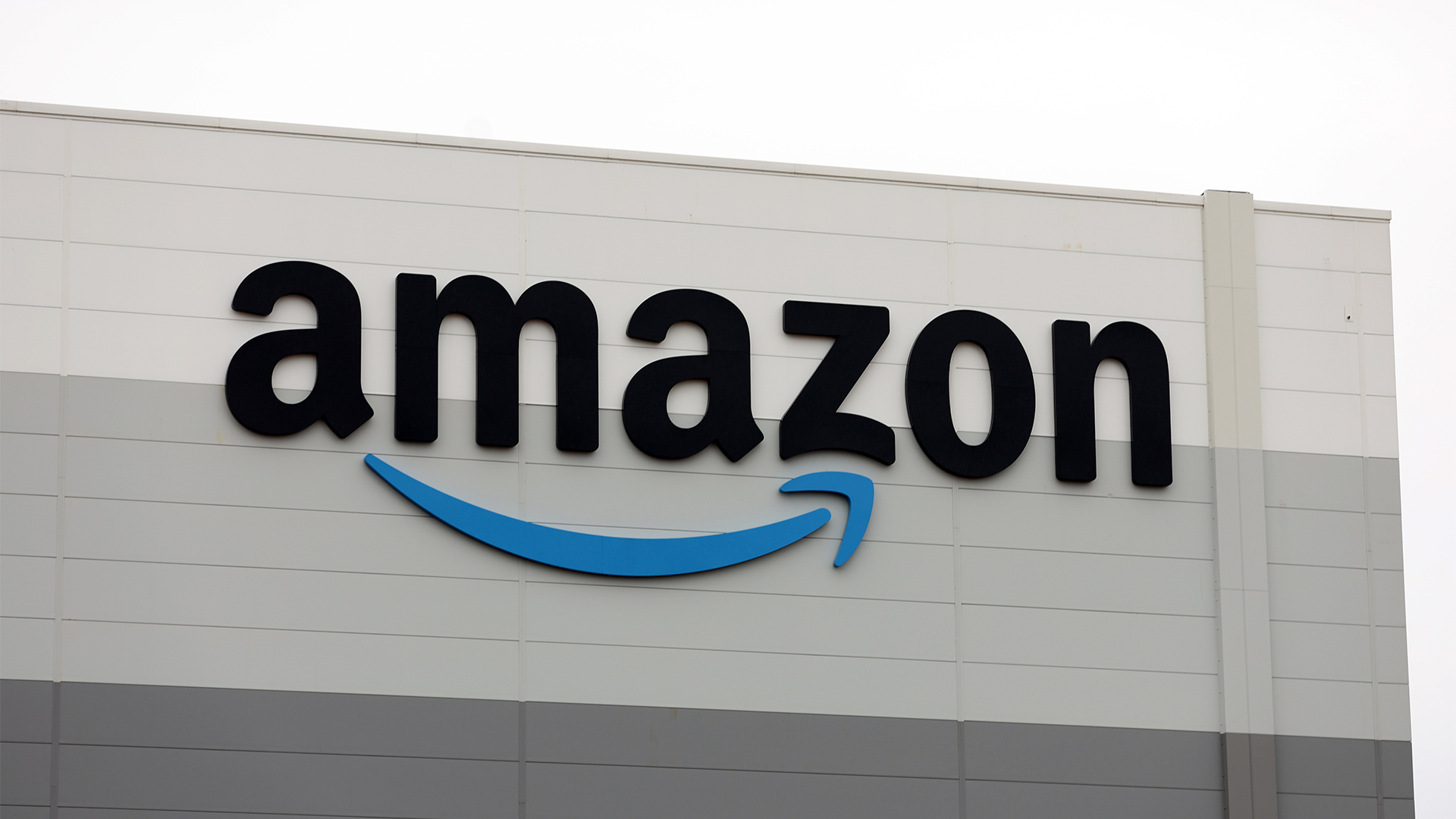 Amazon has invested more than $82 billion in Germany since 2010 — but its latest funding pledge shows it isn’t stopping there
Amazon has invested more than $82 billion in Germany since 2010 — but its latest funding pledge shows it isn’t stopping thereNews Amazon plans to further expand its cloud infrastructure, logistics network, and create 4,000 new jobs in Germany
-
 AWS Summit London 2024: All the news and updates live
AWS Summit London 2024: All the news and updates liveLive Blog Follow all the latest updates and announcements as they happen live at AWS Summit London
-
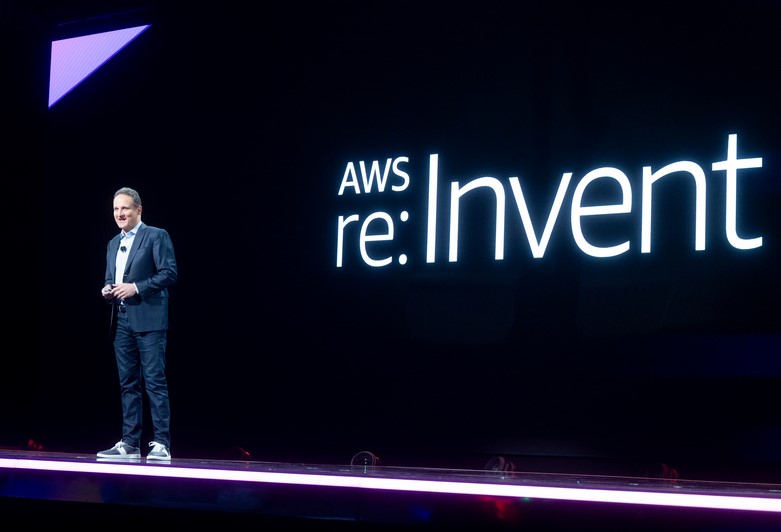 New Amazon S3 Express One Zone promises 10x performance boost
New Amazon S3 Express One Zone promises 10x performance boostNews Amazon S3 Express One Zone offers some serious performance improvements on the standard edition

